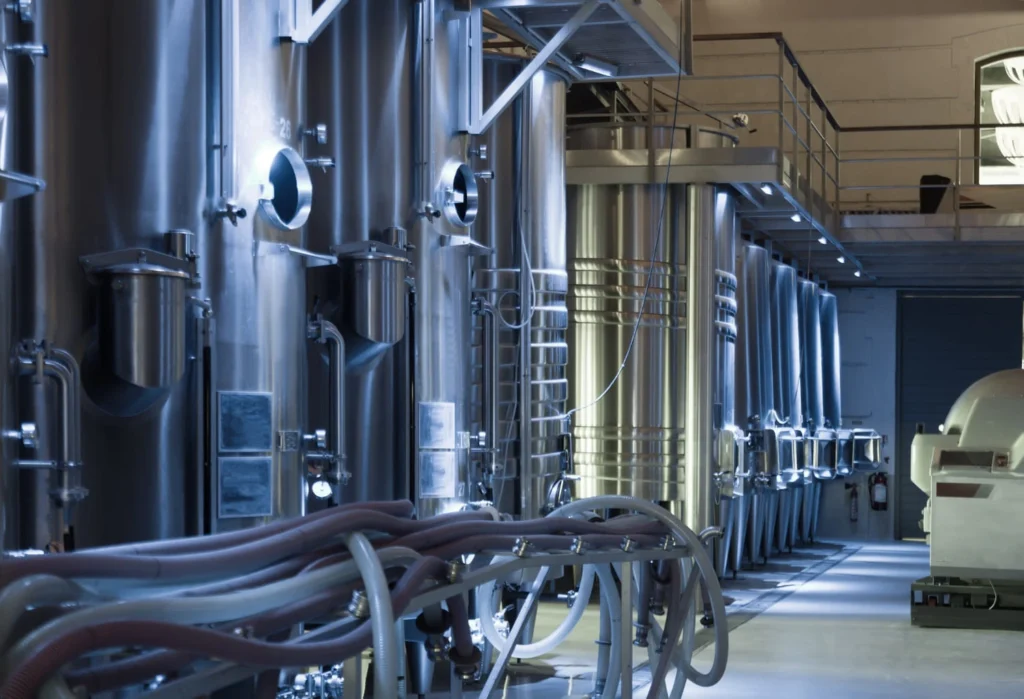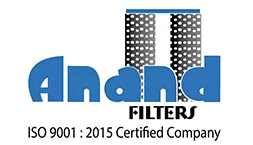
Innovative Filtration Solutions for Heavy Industries: Overcoming Common Challenges
Industrial filtering systems are very essential to maximize the operating effectiveness, safeguard equipment, and guarantee the adherence to environmental requirements. They are also essential to keeping heavy sectors like manufacturing, mining, oil and gas, and power plants running efficiently.
It is employed to prolong the life of manufacturing equipment and to separate materials and particles from liquids. To maintain the purity of the process outputs, efficient air filtration solutions ensure that the gas and air are free of impurities while activities are underway.
This blog examines the typical problems in industrial filtering and suggests creative fixes to improve sustainability and operational effectiveness.
Common Filtration Challenges in Heavy Industries
1. High Contamination Levels
In heavy industries, contaminants present during the manufacturing process have the potential to seriously harm equipment. High concentrations of pollutants, such as dust, metal fragments, and chemical residues, are common in heavy industries. Capturing and eliminating these pollutants and containing them for appropriate removal and disposal is one of the most crucial functions of industrial air filters.
Depending on the chemical components, the production process may release hazardous vapors and aerosols that could cause a combustion event or possibly the failure of the vacuum pump. The industrial air filtering system must eliminate these dangerous byproducts to keep the machinery operating.
2. Extreme Operating Conditions
High temperatures, extreme pressures, and contact with corrosive gases and fluids are ordinary in heavy industrial settings. Industries must use thorough and quantifiable air and gas filtration to ensure the removal of hazardous or undesired particles.
Many industrial manufacturing processes require clean and pure outputs; even little changes in the quantity of contaminants could produce unfit goods.
Anand Filters uses long-lasting, heat-resistant materials to design advanced air filtration solutions that endure challenging working conditions.
3. Frequent Filter Clogging & Maintenance Downtime
Clogged filters cause unscheduled downtime and higher maintenance expenses. Inadequately filtered machinery will need more regular maintenance to remain in good operating order. Clogging may require more regular replacements of the filters themselves, and the harm brought on by insufficient filtration may necessitate more frequent repairs.
It can quickly mount up, transforming what initially appeared to be a cost-cutting choice into a substantial financial burden. Furthermore, the unpredictability of equipment failures can strain maintenance crews, resulting in hasty repairs and possible safety risks. To ensure continuous production, modern air filtration solutions have self-cleaning technologies that decrease clogging and prolong filter life.
4. Environmental and Regulatory Compliance
Industrial facilities must follow strict air quality rules, which might be difficult to meet as standards change. In addition to dangerous working conditions, breaking air quality laws can result in legal repercussions, production delays, and reputational harm to the business.
Adopting environmentally friendly industrial air filters can guarantee compliance while lowering dangerous pollutants. Additionally, enterprises can reduce their carbon footprint by using eco-friendly materials.
Innovative Filtration Technologies and Solutions
1. Advanced Multi-Stage Filtration Systems
Combining multiple filtration steps achieves complete contamination removal. These methods capture larger particles with coarse filters, while fine filters remove smaller contaminants. For example, several air filter manufacturers incorporate multi-stage systems in oil refineries to improve filtration effectiveness.
2. Self-Cleaning and Automatic Backflushing Filters
The best filter for operations with a lot of particulate matter is self-cleaning. When contamination accumulates in the elements, the system initiates a backwash to clean and prevent contaminants from reentering the fluid or water systems.
A comprehensive process filtering system includes automatic backflushing filters. These filters filter freely flowing, low-viscosity liquids and have a self-cleaning feature that uses a regulated mechanism to clean the reusable cone-shaped filter elements. This invention drastically lowers maintenance expenses and downtime.
3. Nanotechnology in Filtration
Technologies like membrane filtration and nanofiltration have revolutionized industrial fluid handling. These developments use very nanofiber semi-permeable membranes to separate particles, pollutants, and undesirable compounds at the molecular level.
Nanofiltration devices are perfect for applications requiring accurate separation of ions, organic debris, and pathogens because they provide greater filtration efficiency while letting desired molecules pass through. The semiconductor and pharmaceutical industries frequently utilize nanofiber-based industrial air filters, where ultra-clean air is crucial.
4. Smart Filtration Systems with IoT Integration
Integrating IoT and intelligent technologies has enhanced filtration systems with real-time monitoring and predictive maintenance features. Filtration systems have sensors that continuously check filter conditions, flow rates, and pressure differentials.
The data these sensors produce, processed by IoT platforms, makes proactive interventions and predictive maintenance scheduling possible. Top air filter manufacturers are integrating AI-powered sensors to maximize energy efficiency and extend filter life.
5. Eco-Friendly and Sustainable Filtration Materials
Advanced filtration technologies now prioritize sustainability. To reduce their influence on the environment, manufacturers are creating environmentally friendly filter media, using renewable resources, and investigating reusable filtration parts.
Additionally, filtration system advancements seek to cut energy usage by investigating energy-efficient filtration techniques and improving designs for reduced-pressure dips. Compostable filter components that adhere to strict environmental laws are now part of advanced air filtration solutions.
Selecting the Right Filtration Solution for Your Industry
1. Factors to Consider
When selecting the best filtration solution, take into account:
- When selecting an air filter, the kind of contamination you wish to remove is the first thing to consider. For instance, does the company operate in the hospitality sector? If so, it probably has to do with getting rid of unpleasant smells from the kitchen. Knowing what kind of contamination you wish to get rid of is critical to selecting the right filter.
- Additionally, air filters need to be energy-efficient to lower operating expenses. Thus, pick a filter that provides a suitable trade-off between energy usage and performance. This will prevent unexpectedly high energy expenses.
- Selecting a filter that is simple to maintain or replace is effective because filters and filter media must be inspected and changed regularly. It improves system turnaround time and saves money and effort.
2. Industry-Specific Filtration Recommendations
Chemical Industry: Activated carbon and chemical-resistant filters for chemical and odor elimination.
Pharmaceutical Industry: Industries frequently use pleated depth media with sterile membrane filtration as a pre-filter.
Food and Beverage Industry: High-efficiency membrane or nanofiber medium for particles as small as 0.1 microns, capturing 99.999% or more contaminants, ensuring superior air quality and protection.
Oil & Gas Industry: Use high-temperature, corrosion-resistant filters for best results.
Power Plants: Use IoT-enabled filters to do predictive maintenance and real-time monitoring.
Anand Filters, one of the top air filter manufacturers, offers customized solutions to improve productivity and compliance for every industry.
Conclusion
Industrial air filtration systems are required to help maintain product integrity and safety in manufacturing settings by catching common pollutants. Filtration systems are also necessary to enhance performance and uptime while safeguarding process equipment. Advanced air filtration solutions address the most difficult problems, guaranteeing cleaner air, longer equipment life, and adherence to environmental standards.
Businesses that provide highly effective, environmentally safe, and customizable industrial air filters, such as Anand Filters, continue to set the standard. Invest in modern filtration technologies to protect your business, reduce downtime, and help create a cleaner atmosphere.
Contact Anand Filters to learn more about the ideal filtration options for your sector.

